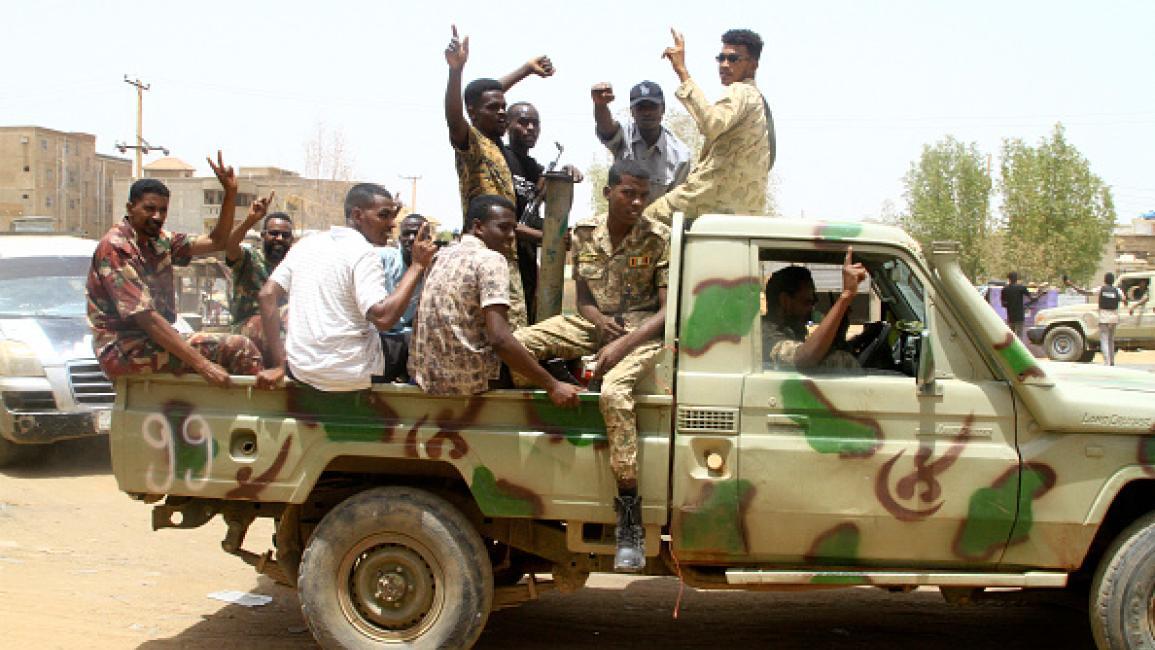
Egypt Steps Up Diplomatic Push As Sudanese Army Advances On Multiple Fronts
According to a statement from the Egyptian Foreign Ministry, Abdelatty reaffirmed Cairo's long-standing commitment to Sudan's unity, territorial integrity and the preservation of its national institutions. He reiterated Egypt's rejection of any attempts to divide the country or undermine its stability and condemned the“horrific atrocities” reported in El-Fasher in recent weeks.
The minister expressed Egypt's full solidarity with the Sudanese people and voiced support for the“Government of Hope” led by Kamal Idris.
Abdelatty stressed the urgent need to activate an effective humanitarian track that ensures unhindered aid delivery, calling for enhanced cooperation with the United Nations, the African Union and major relief agencies. He urged intensified regional and international efforts to secure a comprehensive ceasefire and pave the way for an inclusive political process that reflects the aspirations of Sudanese citizens for security, stability and development.
He also highlighted the importance of implementing the international“Quad” statement and pushing toward a permanent ceasefire that protects Sudan's unity and the cohesion of its national institutions. Abdelatty underscored the continued coordination between Egypt and Sudan as Nile Basin neighbours with shared strategic water and security interests.
Egypt's renewed diplomatic push comes as the Sudanese army registers major advances in North Kordofan State. On Monday, the army recaptured the strategic town of Bara after heavy fighting with the Rapid Support Forces (RSF), according to military and local sources. The advance follows the army's takeover on Saturday of Um Dam Haj Ahmed, northeast of El Obeid, and the Kaskil area to the south, alongside the deployment of large troop formations to secure key towns and supply routes.
Supported by allied forces-including the Sudan Shield militia and the Joint Force of signatory armed movements-the army launched coordinated dawn assaults on RSF-held positions across North Kordofan. Soldiers circulated videos on social media showing the battles, while fighters from Sudan Shield said RSF-aligned“Fazaa” units had been mobilised to reinforce their positions before withdrawing from several villages.
The renewed fighting is worsening an already dire humanitarian crisis in Darfur and Kordofan, where displacement continues to surge. UN humanitarian chief Tom Fletcher described the suffering of people fleeing El Fasher as“indescribable,” noting in a post on X that more than half of the survivors reaching makeshift camps in Tawila were children.
Fletcher shared accounts from women who fled the October attacks, saying refugees“carry horrific accounts of brutal violence.” He quoted one survivor who arrived at the camp carrying the starving child of a friend killed in the assault.
On 26 October, the RSF seized control of El-Fasher-North Darfur's largest city-and committed mass atrocities against civilians, according to local and international organisations. RSF commander Mohamed Hamdan Dagalo (Hemedti) later acknowledged“violations” by his forces and announced the formation of investigation committees, prompting renewed UN warnings about the risk of a de facto partition of Sudan.
The UN said Fletcher also visited Geneina in West Darfur and Zalingei in Central Darfur during his trip last week, after arriving in Port Sudan for talks with Sovereignty Council Chairman Abdel Fattah al-Burhan. Days earlier, the International Organization for Migration reported that more than 99,000 people have fled El-Fasher and surrounding villages since late October.
The conflict between the Sudanese army and the RSF, which erupted in April 2023, has killed tens of thousands and displaced nearly 13 million people-one of the world's worst humanitarian crises. Fighting has intensified across the three Kordofan states in recent days, forcing tens of thousands more to flee.
The RSF currently controls most of Sudan's five Darfur states, except for parts of northern North Darfur that remain under army control. The military retains authority over the majority of the country's remaining 13 states across the southern, northern, eastern and central regions, including the capital, Khartoum.

Legal Disclaimer:
MENAFN provides the
information “as is” without warranty of any kind. We do not accept
any responsibility or liability for the accuracy, content, images,
videos, licenses, completeness, legality, or reliability of the information
contained in this article. If you have any complaints or copyright
issues related to this article, kindly contact the provider above.


















Comments
No comment